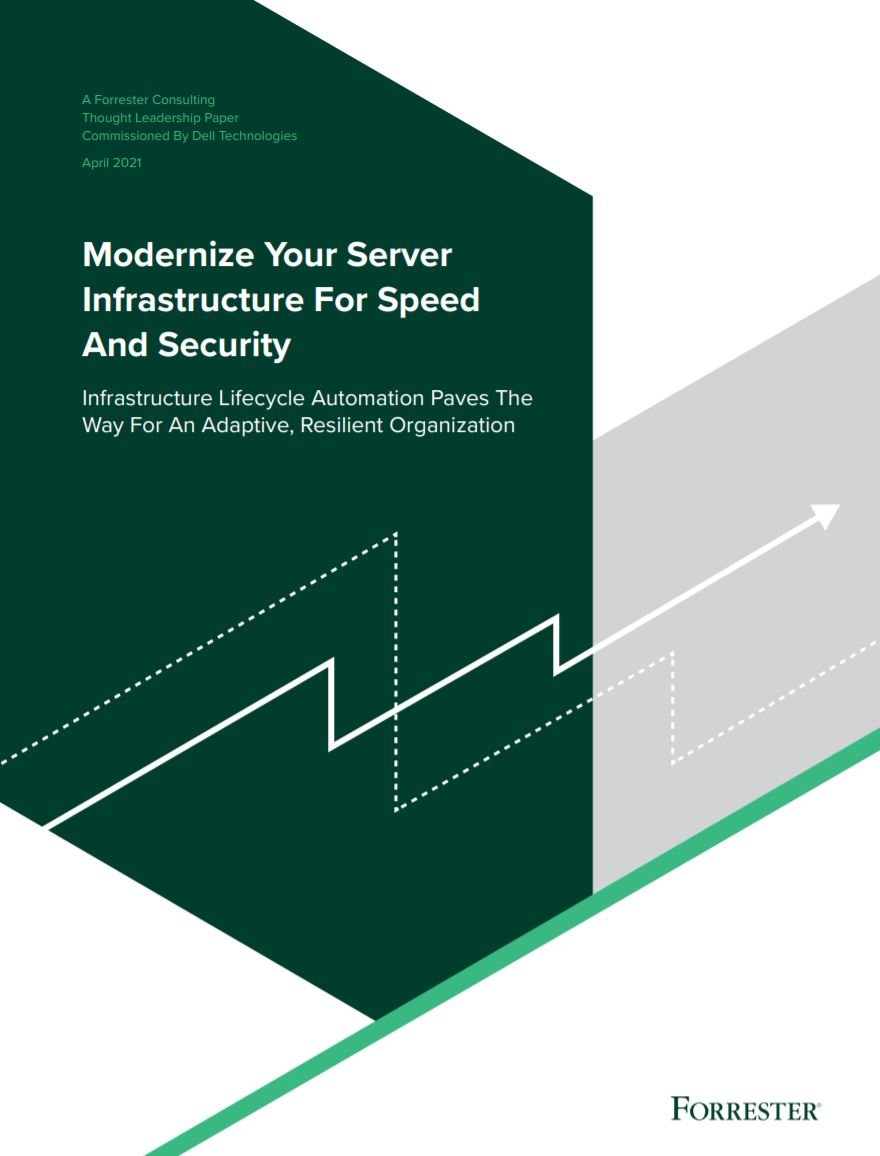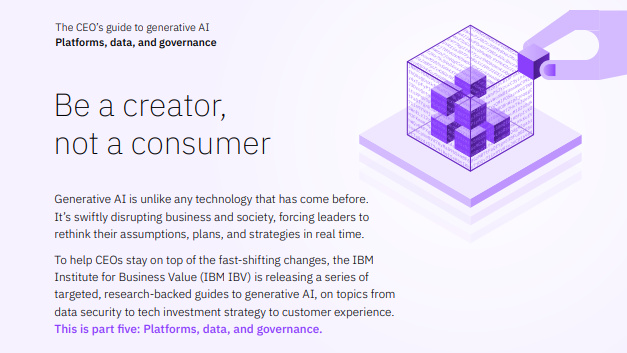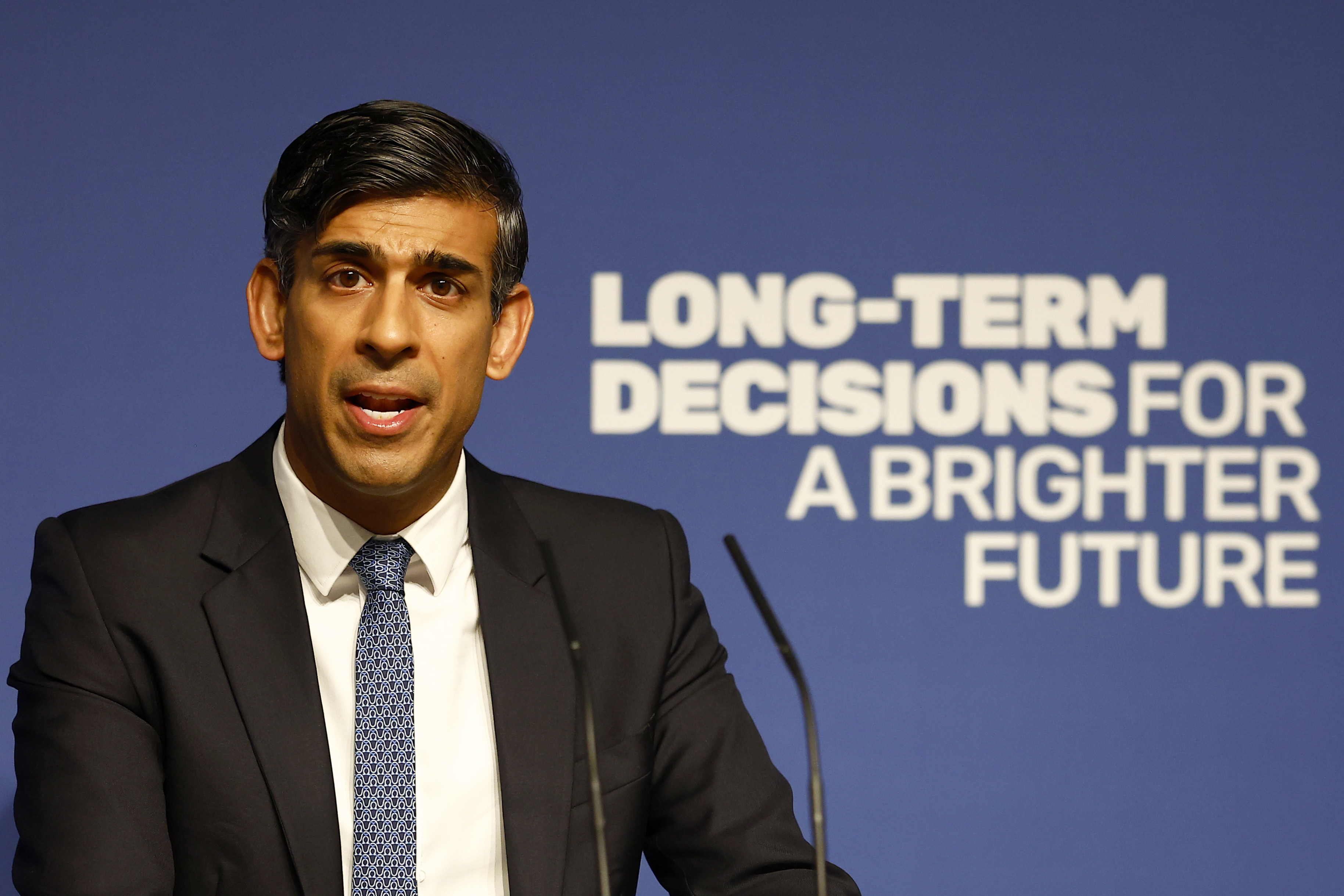Most public sector leaders think their data infrastructure is not fit for purpose
Report reveals that the majority will maintain or grow their cloud expenditure, with 53% expecting to increase usage, over the next 12 months


More than half of public sector leaders believe that their organisation’s data is stored on infrastructure that is not fit for purpose.
A survey of 200 UK public sector decision makers across central and local government, health and social care, emergency services, education, and defence organisations, commissioned by NetApp, found that cloud growth will accelerate and investment in skills will increase over the next 12 months.
While 56% of leaders think their data infrastructure isn’t fit for purpose, 47% of respondents believe that building a platform to implement more ambitious data strategies and deliver digital services will require additional investment.
However, 75% of public sector leaders believe that the National Data Strategy, which aims to consolidate the country’s position as a global digital leader through data, is imperative to the UK’s future economic growth. 73% of respondents said that it will help the UK cement its position as a global digital leader.
79% of public sector leaders also said that their organisation has a policy for how it uses data that is aligned to the data strategy. 87% also said that they will maintain or grow their expenditure in the cloud, with 53% expecting to increase usage in the next 12 months.
NetApp said the study shows that cloud and data strategies are maturing across the public sector. Although 79% of organisations currently store data in the cloud, only 30% consciously adopt a cloud-first approach. When modernising their infrastructure, leadership remain pragmatic in their selection criteria to ensure their choices deliver the best performance at the lowest cost, said NetApp.
Public sector organisations also acknowledged the need to adapt culturally and to upskill employees to deliver on the National Data Strategy’s aims. 69% said their organisation must change its culture to transform digitally, while 63% think further employee training and support from senior management is required to meet digital objectives in 2022.
Get the ITPro daily newsletter
Sign up today and you will receive a free copy of our Future Focus 2025 report - the leading guidance on AI, cybersecurity and other IT challenges as per 700+ senior executives
What's more, 65% of leaders also believe digitally upskilling existing employees will help their organisation overcome shortages in technical skills across the UK.
“Public sector organisations experienced tremendous digital acceleration in response to Covid-19, and continuing the progress made by increasing their capabilities to use and share data will be fundamental to shaping the UK’s recovery over the next 12 months,” said Tim Skinner, UKI head of public sector at NetApp.
RELATED RESOURCE

Modernise your server infrastructure for speed and security
Infrastructure lifecycle automation paves the way for an adaptive, resilient organisation
“Modernising infrastructure, continuing cloud migration, and equipping employees with sufficient digital skills will enable this, but the National Data Strategy is an essential piece of the puzzle, providing clear direction for creating a truly digital society.”
The government’s existing data strategy was insufficient to maintain the momentum built during the COVID-19 pandemic with regards to how local authorities use data to transform public services, warned the Centre for Data Ethics and Innovation (CDEI) a year ago. Despite that the pandemic had led to substantial positive developments when it came to the way local government uses data, it risked being undermined by a narrowly-focused set of measures that won’t guarantee any long-term positive changes as we move beyond the pandemic.
Zach Marzouk is a former ITPro, CloudPro, and ChannelPro staff writer, covering topics like security, privacy, worker rights, and startups, primarily in the Asia Pacific and the US regions. Zach joined ITPro in 2017 where he was introduced to the world of B2B technology as a junior staff writer, before he returned to Argentina in 2018, working in communications and as a copywriter. In 2021, he made his way back to ITPro as a staff writer during the pandemic, before joining the world of freelance in 2022.
-
 Should AI PCs be part of your next hardware refresh?
Should AI PCs be part of your next hardware refresh?AI PCs are fast becoming a business staple and a surefire way to future-proof your business
By Bobby Hellard
-
 Westcon-Comstor and Vectra AI launch brace of new channel initiatives
Westcon-Comstor and Vectra AI launch brace of new channel initiativesNews Westcon-Comstor and Vectra AI have announced the launch of two new channel growth initiatives focused on the managed security service provider (MSSP) space and AWS Marketplace.
By Daniel Todd
-
 ‘Archaic’ legacy tech is crippling public sector productivity
‘Archaic’ legacy tech is crippling public sector productivityNews The UK public sector has been over-reliant on contractors and too many processes are still paper-based
By Emma Woollacott
-
 Public sector improvements, infrastructure investment, and AI pothole repairs: Tech industry welcomes UK's “ambitious” AI action plan
Public sector improvements, infrastructure investment, and AI pothole repairs: Tech industry welcomes UK's “ambitious” AI action planNews The new policy, less cautious than that of the previous government, has been largely welcomed by experts
By Emma Woollacott
-
 UK government trials chatbots in bid to bolster small business support
UK government trials chatbots in bid to bolster small business supportNews The UK government is running a private beta of a new chatbot designed to help people set up small businesses and find support.
By Emma Woollacott
-
 The CEO's guide to generative AI: Be a creator, not a consumer
The CEO's guide to generative AI: Be a creator, not a consumerWhitepaper Innovate your business model with modern IT architecture, and the principles of trustworthy AI
By ITPro
-
 The UK's hollow AI Safety Summit has only emphasized global divides
The UK's hollow AI Safety Summit has only emphasized global dividesOpinion Successes at pivotal UK event have been overshadowed by differing regulatory approaches and disagreement on open source
By Rory Bathgate
-
 Rishi Sunak’s stance on AI goes against the demands of businesses
Rishi Sunak’s stance on AI goes against the demands of businessesAnalysis Execs demanding transparency and consistency could find themselves disappointed with the government’s hands-off approach
By Rory Bathgate
-
 Building a strong business case for GRC automation
Building a strong business case for GRC automationwhitepaper Successfully implement an innovative governance, risk & compliance management platform
By ITPro
-
 UK aims to be an AI leader with November safety summit
UK aims to be an AI leader with November safety summitNews Bletchley Park will play host to the guests who will collaborate on the future of AI
By Rory Bathgate